By any standard, the International Criminal Court (ICC) is in crisis. But the revelations in The Wall Street Journal – detailing explosive allegations of non-consensual sexual acts and abuse of office against its chief prosecutor, Karim Khan – have not just shaken the court’s credibility. They have obliterated it. The Journal reported that Khan faces “multiple allegations of coerced sexual intercourse,” based on documents, testimony and interviews with ICC officials.
At the heart of the Journal’s investigation is a horrifying accusation: that Khan, while leading the most controversial prosecution in the ICC’s history, was allegedly engaged in a sustained pattern of sexual abuse against a junior female lawyer on his team. The woman, a Malaysian lawyer in her thirties, told UN investigators that Khan coerced her into sex on multiple occasions in cities across the globe – New York, Paris, Bogotá, Kinshasa and The Hague. One incident reportedly occurred in Khan’s hotel room during a UN meeting in December 2023, where she testified that he “pulled off her pants and forced sexual intercourse.”
It would be grave enough if the allegations merely involved personal misconduct. But the Journal’s reporting places these accusations in direct proximity to Khan’s May 2024 decision to seek arrest warrants for Israeli Prime Minister Benjamin Netanyahu and then-Defense Minister Yoav Gallant. Just 17 days after Khan was confronted about the abuse allegations by his aides, he abruptly cancelled a long-planned fact-finding visit to Israel and Gaza and instead went public with the most incendiary legal act the court has ever taken: charging the leaders of a democratic, Western-aligned state with war crimes and crimes against humanity.
That decision had immediate geopolitical consequences. But now, in light of the allegations against Khan – and their potential influence over his prosecutorial timing – it has also plunged the ICC’s legal legitimacy into question. ICC insiders have told the Journal that Khan pressured his accuser to stay silent, warning her that public allegations could derail the Palestinian arrest warrants. In one phone call cited by the Journal, Khan told her, “The casualties will unfortunately be three: You and your family, me and my family, and the justice of the victims.”
The very international body now posturing as a moral arbiter over the world is led by a chief prosecutor, a man accused of horrifying personal misconduct – who, according to testimony, used the Palestinian cause itself as emotional blackmail to silence his accuser. In effect, the Prosecutor who claims to defend Palestinian victims stands accused of using them as a human shield – this time, not against military fire, but against allegations that he is a sexual abuser.
This is not a footnote. It casts a shadow of retaliatory coercion and strategic deflection over the court’s already dubious prosecution of Israel.
From the beginning, the ICC’s case against Israel was riddled with legal and evidentiary flaws. Khan’s central allegation is that Netanyahu and Gallant used starvation of civilians as a method of warfare. But that charge – dramatic though it sounds – relied on disputed famine claims that have since collapsed under scrutiny. The original March 2024 report by the Integrated Food Security Phase Classification (IPC), which claimed famine was imminent in northern Gaza, was later dismissed by its own Famine Review Committee. In June 2024, the committee concluded it was “unable to endorse the IPC Phase 5 (Famine) classification” and found that the data underpinning the earlier reports were “implausible.”
In fact, Israeli-supplied data – supplemented by a working paper co-authored by Israeli public health institutions – showed that between January and April 2024, food entering Gaza provided an average of 3,268 calories per person per day. That figure far exceeds the humanitarian standard of 2,100. The same paper found that supplies of vegetables increased by over 2,600 percent and proteins by nearly 1,000 percent over the same period.
Khan not only failed to include this in his application – he didn’t acknowledge it at all.
Under both ICC and UK Bar standards (which apply to Khan as a British barrister), prosecutors are required to disclose exonerating evidence and to correct the record when new information emerges. Yet Khan has continued to press for warrants based on a narrative that no longer holds up, as if the facts are irrelevant once a political point is made.
Then there is the issue of jurisdiction. Israel is not a party to the Rome Statute. “Palestine,” the entity Khan claims gives the court jurisdiction, does not possess criminal jurisdiction over Israelis under the Oslo Accords, and under international law does not meet the threshold for statehood. Even the UK government, which has long supported international justice institutions, filed a submission in June 2024 questioning the court’s jurisdiction on these grounds.
Four prominent legal NGOs were granted permission to submit a challenge to the court’s jurisdiction. Their complaint is devastating: the ICC based its prior jurisdiction ruling on a document that may never have been seen by member states; the Prosecutor’s public statements were contradicted by open-source data; and the entire foundation of the case appears, at best, to be built on a procedural sleight of hand.
This is show-trial jurisprudence – weaponized legality in pursuit of geopolitical theatre.
The ICC was established to end impunity for the world’s worst crimes. But instead of confronting the tyrants of Damascus, Tehran, or Pyongyang, Khan has chosen to pursue the elected leaders of a democratic state responding to an unprovoked massacre in which over 1,200 civilians were murdered and hundreds taken hostage.
And now, as the court prepares to rule on Israel’s jurisdictional challenge – formally filed on 9 May – it does so under the stewardship of a prosecutor who stands accused of grave violations of the very human dignity the court was created to protect. The allegations have yet to be proven, and Khan denies them, describing them as “categorically untrue”. He has stated they are “attempts to discredit him and destroy his personal reputation through the media, as a consequence of his role in the issuing of the arrest warrants.”
But the institutional response – the refusal to place him on leave, the silence from member states, the court’s ongoing operations as if nothing has happened – betrays a rot far deeper than any single prosecutor.
This is not merely a legal scandal. It is a moral reckoning. And the world is watching.



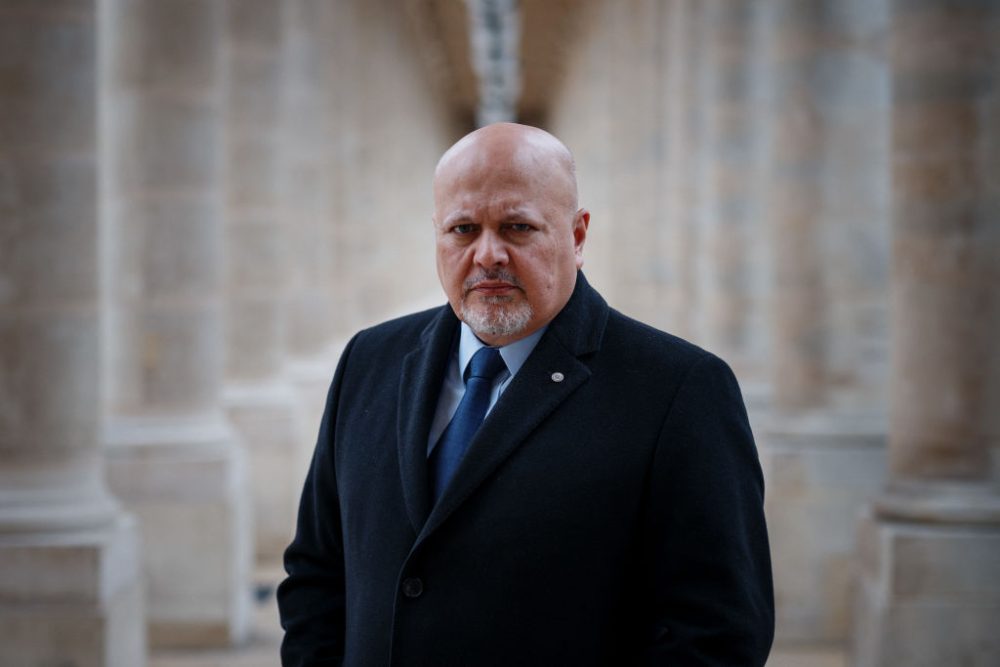







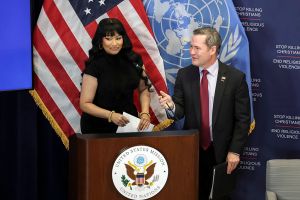

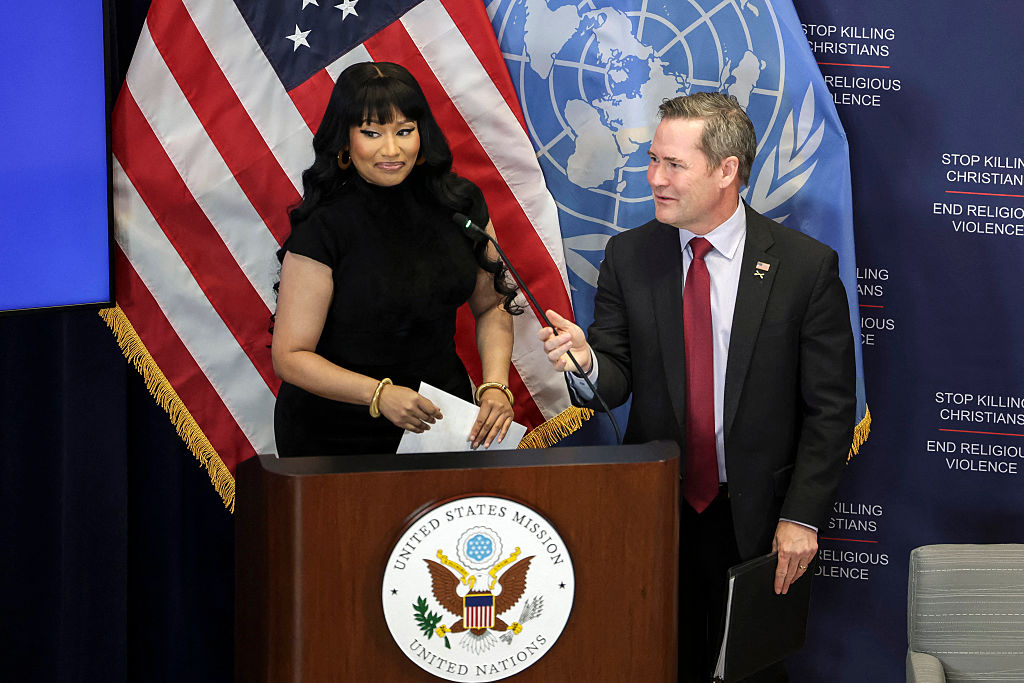

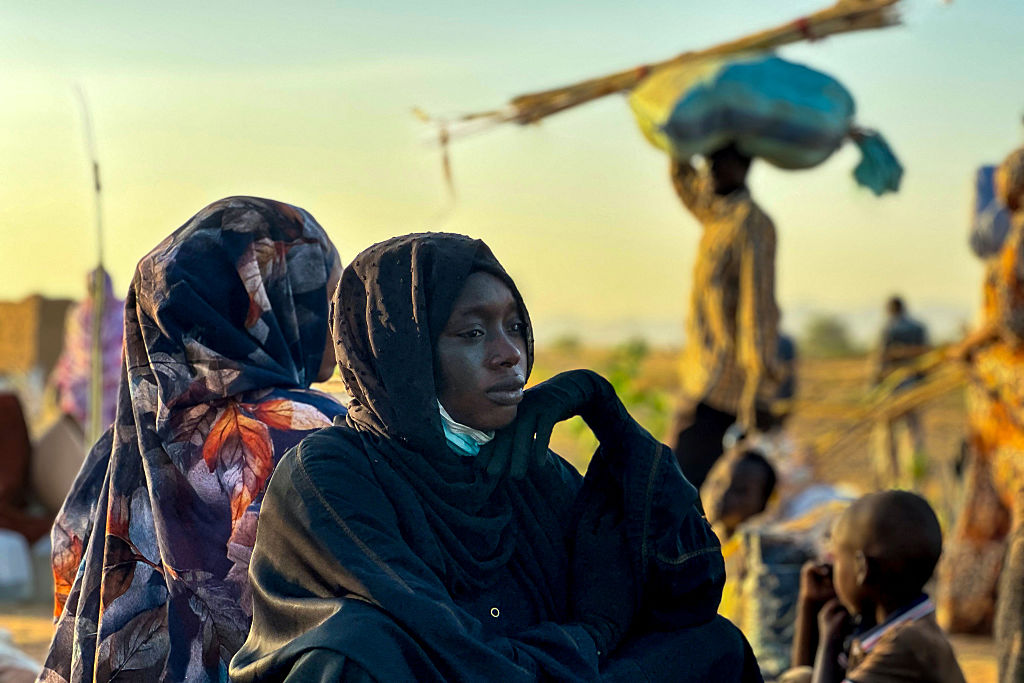
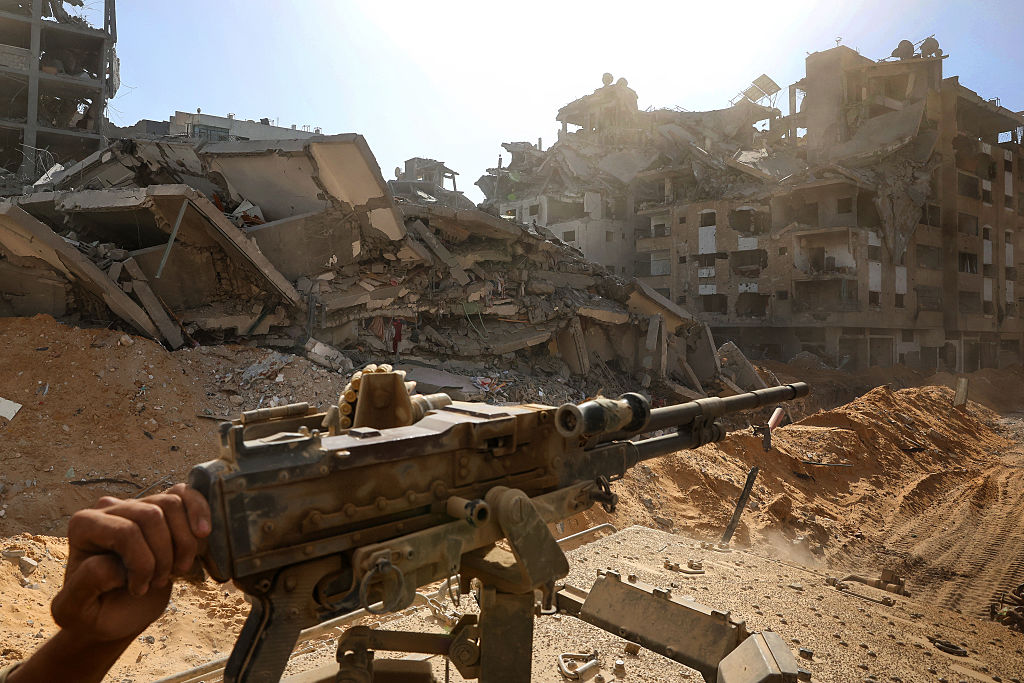
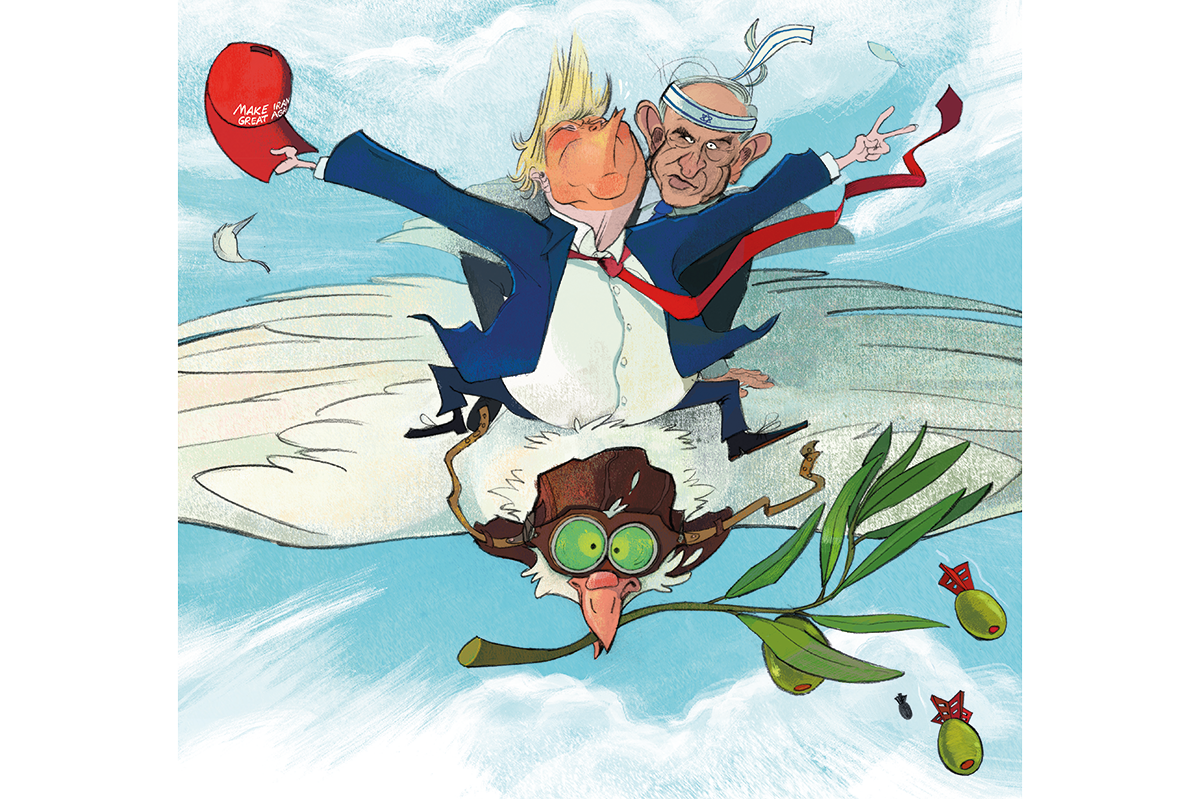
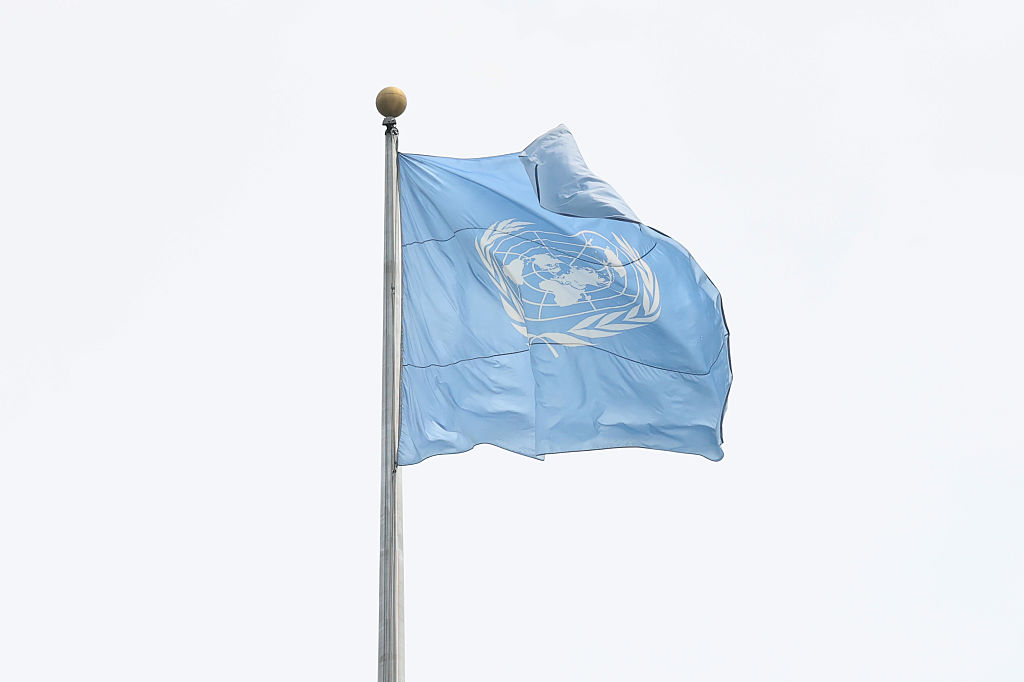







Leave a Reply